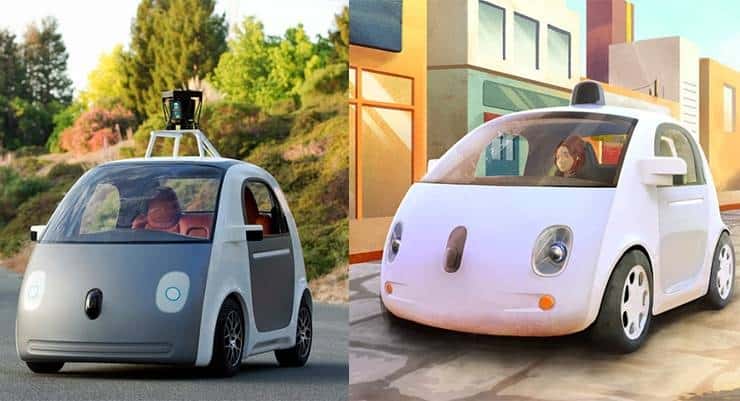If anyone is wondering if the driverless car is really going to roll into our streets anytime soon, ABI Research's latest data may give some insights on what can be expected. According to ABI Research's Automotive Safety and Autonomous Driving Market Research report, global driverless vehicle shipments will hit 42 million by 2035, from 1.1 million in 2024. The installed driverless vehicle base will reach 176 million by the end of the tenure. The growth in the driverless car segment will bring the connected car services to a whole new level, as connectivity will become crucial for real-time decisions and responses to be initiatiated in a timely manner based on data received from the vehicle - either from the vehicle's digital platform, the passengers or from the 'things' being transported.
When it comes to the term driver-less, what the auto industry is looking at in the medium term is the introduction of cars that can navigate the roads automatically with the human driver being on stand-by. Big names in the auto industry are already showcasing these driver-less models. For example, in the recently concluded ITS World Congress, major auto-makers demonstrated their driver-less cars which successfully navigated the main streets of Detroit.
ABI Research said that on the other hand, robotic vehicles, being vehicles that are driven without the presence of a human, are still at the experimental stage, citing user acceptance, security, liability issues, and regulation as key challenges for this segment despite steady progress on the technological side. That said, Google is already making inroads in the robotic vehicle segment and the market can expect to be see the truly driver-less cars on the road soon..
"While autonomous driving under the control of a human standby driver is quickly gaining acceptance, robotic vehicles mostly remain out of bounds, especially for car manufacturers, despite Google's recent announcement to start prototype testing. However, only driverless vehicles will bring the full range of automation benefits including car sharing; driverless taxis, and delivery vans; social mobility for kids, elderly, and impaired; and overall economic growth through cheaper and smoother transportation critical in an increasing number of smart mega cities. Many barriers remain but the path towards robotic vehicles is now firmly established with high rewards for those first-to-market,”
- Dominique Bonte, VP and Practice Director, ABI Research




















